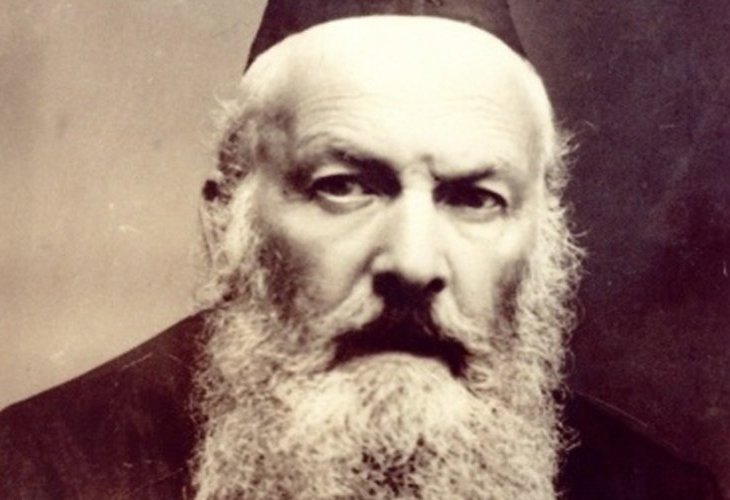Facts in Judaism
When Words Become Sacred: Unlocking the Power of Speech
From Torah sages to modern-day miracle stories, discover the spiritual force of speech and why righteous words shape reality.

Jewish tradition holds that the words of the righteous carry tremendous power. The Talmud teaches in Moed Katan (16b) that “a righteous person decrees, and Hashem fulfills.” This concept, echoed throughout rabbinic literature, emphasizes the potency of the pure and guarded speech of tzaddikim (righteous people).
But what gives their words such strength? The Maharai Assad, in Divrei Maharai, and the Chida, in Midbar Kedemot (p. 4), trace this back to a pivotal Torah verse: “He shall not violate his word; according to all that proceeds from his mouth shall he do.” The message is clear: when a person sanctifies their speech, using it solely for matters of holiness and refraining from idle or profane language, then Hashem Himself guarantees the fulfillment of their words.
This profound principle was once explained by a revered Rebbe to a man eager to become a “miracle worker.” The man, curious about the supernatural power he saw others wield, asked the Rebbe to teach him the secret to performing wonders. The Rebbe's response was simple yet powerful: “The entire secret is hidden in one verse of our holy Torah: ‘He shall not violate his word; according to all that proceeds from his mouth shall he do.’” Being vigilant about our speech activates the Divine promise enumerated by the verse.
Rabbi Pinchas of Koretz went so far as to say that the most important spiritual work in this world is restraining one’s speech. This reflects the Torah’s repeated emphasis on guarding our lips, fulfilling vows, and honoring the power of verbal commitment. As it is written: “He shall not violate his word” and “You shall observe what has gone out from your lips.”
Even casual words, if spoken by someone who guards their speech, can carry immense spiritual weight. A striking example of this principle comes from the life of the late Rabbi Yaakov Kamenetsky. At age 90, he began putting on Rabbeinu Tam tefillin, something he hadn’t done before. When asked about it, he recalled an encounter in his youth with a 90-year-old Hasid who, seeing he wasn’t wearing Rabbeinu Tam’s tefillin, asked him, “Where are your tefillin?” Rabbi Yaakov had replied jokingly, “When I reach your age, I’ll put them on.” Now, decades later, he was simply fulfilling a promise because his word mattered.
Another astounding illustration of speech’s power is told about the late Rabbi Elchanan Wasserman, who was murdered in the Holocaust. In his time, a group of local bullies was harassing students at his yeshiva. Despite his attempts to get them off the yeshiva's premises, they refused to leave and even mocked him and taunted: "Chuni (a disrespectful nickname for "Elchanan") no hands!". Rabbi Elchanan calmly responded: “You – no hands.” Instantly, those who taunted him were paralyzed in their hands for the rest of their lives. It was seen as a miracle. Yet Rabbi Elchanan downplayed it. Addressing his students the next day, he said: “This is not a miracle. If a person properly guards his mouth and fulfills what he says, then ‘That which has proceeded from your lips you shall keep,’ and Hashem fulfills everything he asks for.”
Rabbi Elchanan further taught that the speech of a holy mouth has an automatic effect, just like a razor-sharp knife. Whether or not one intends, the knife cuts whatever it touches. He references this analogy in Or Elchanan (Vol. 1, p. 182), where he compares the power of speech to a blade: a clean, sharp knife slices effortlessly, while a rusty one needs to first be refined. Similarly, a person who guards their mouth from forbidden speech wields an instrument of spiritual power. Every word, even unintended, can build or destroy.
This spiritual “razor” sharpened through restraint, sanctity, and truth is not reserved for prophets or mystics. It is available to anyone who reveres the holiness of speech. In a world flooded with words, these teachings remind us that our greatest strength might lie in the words we choose not to say and the weight carried by those we do.

